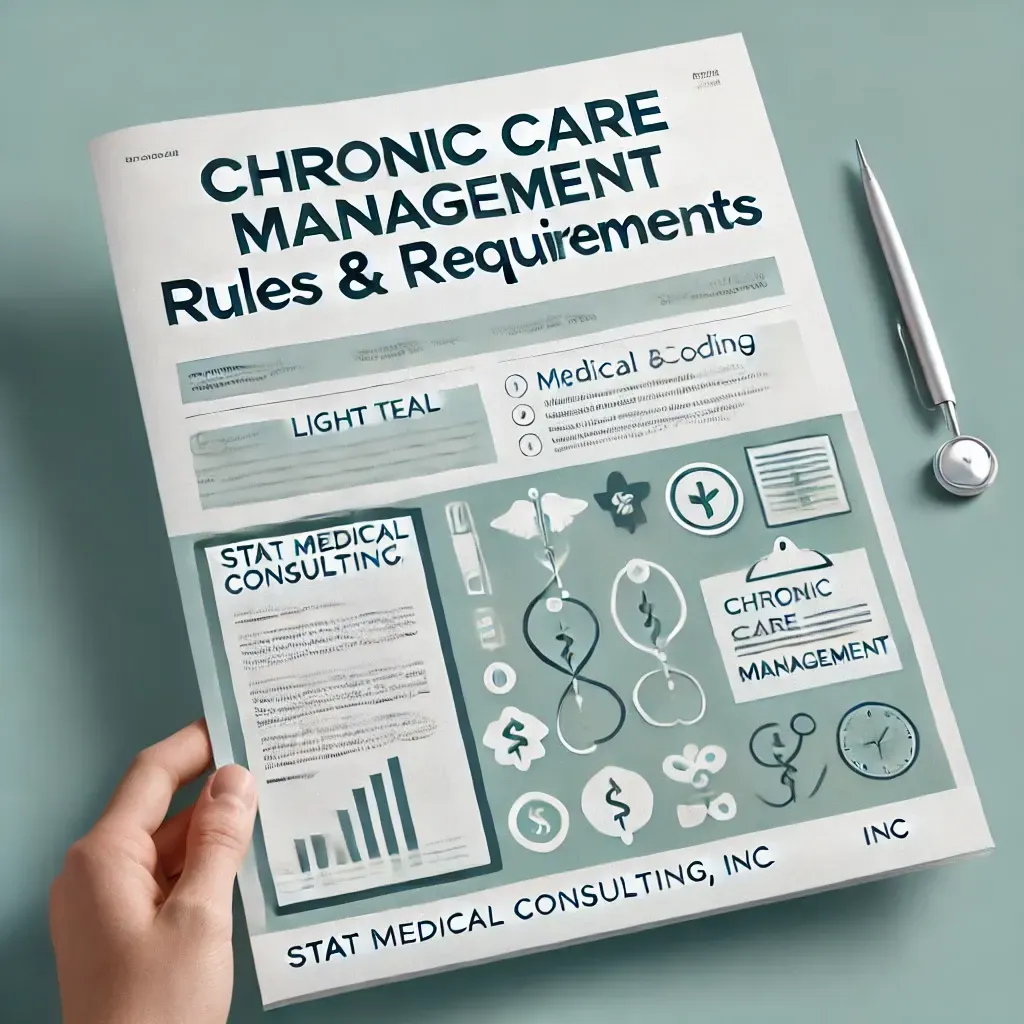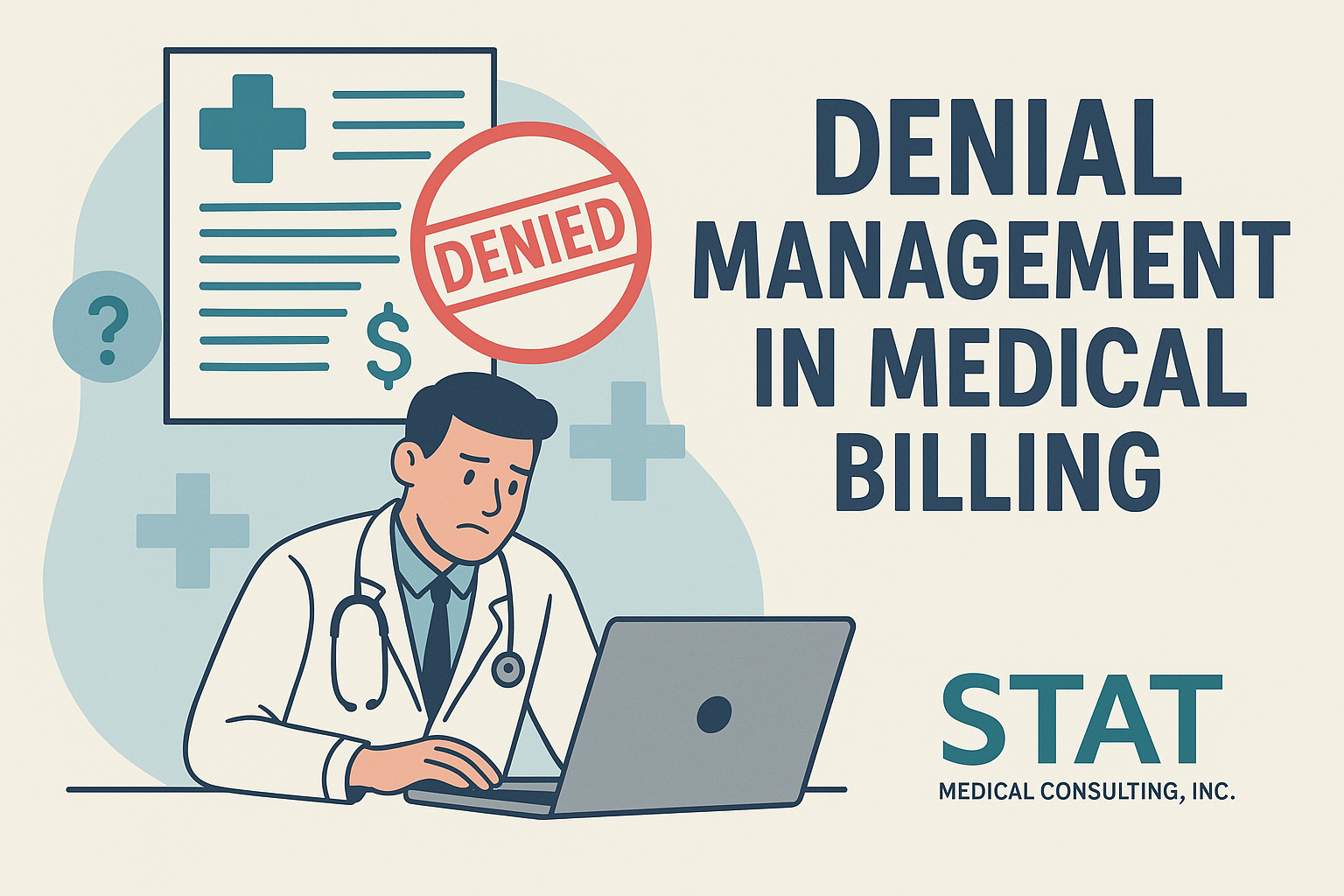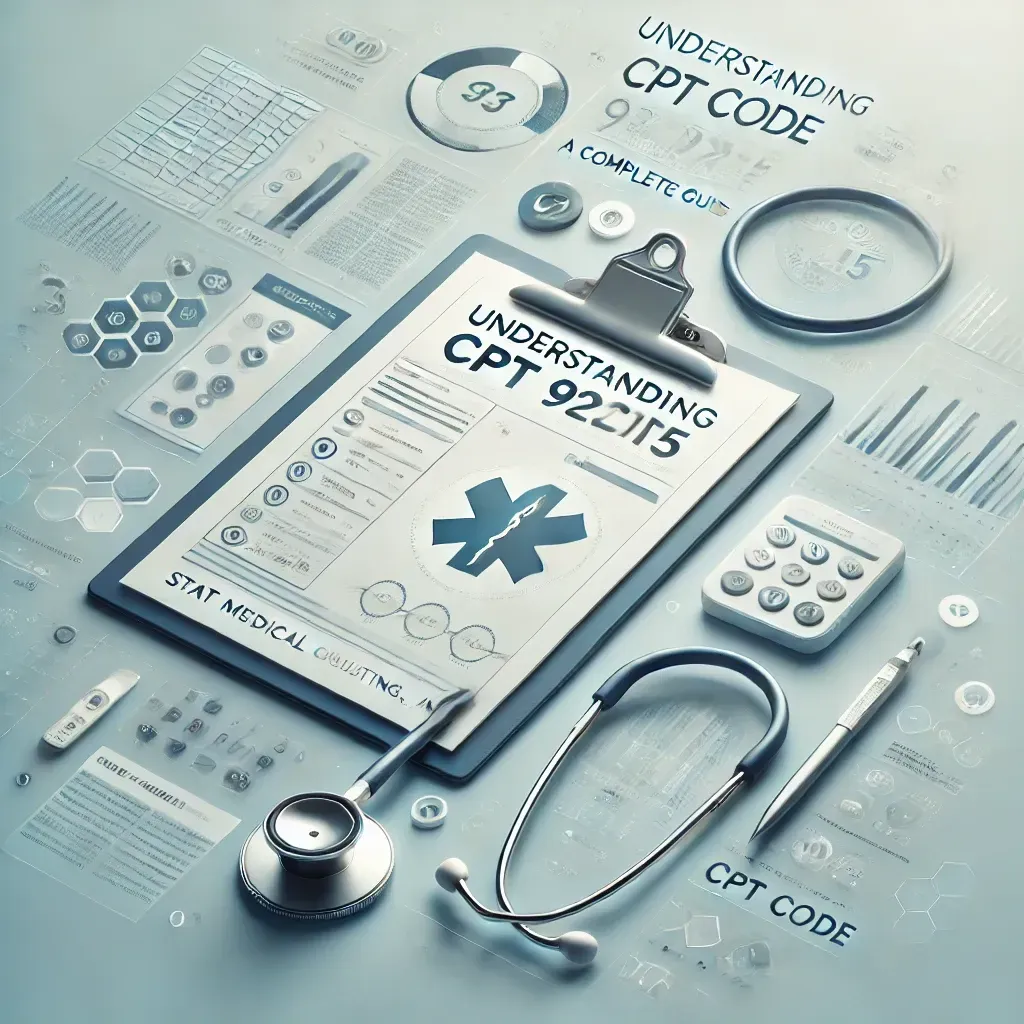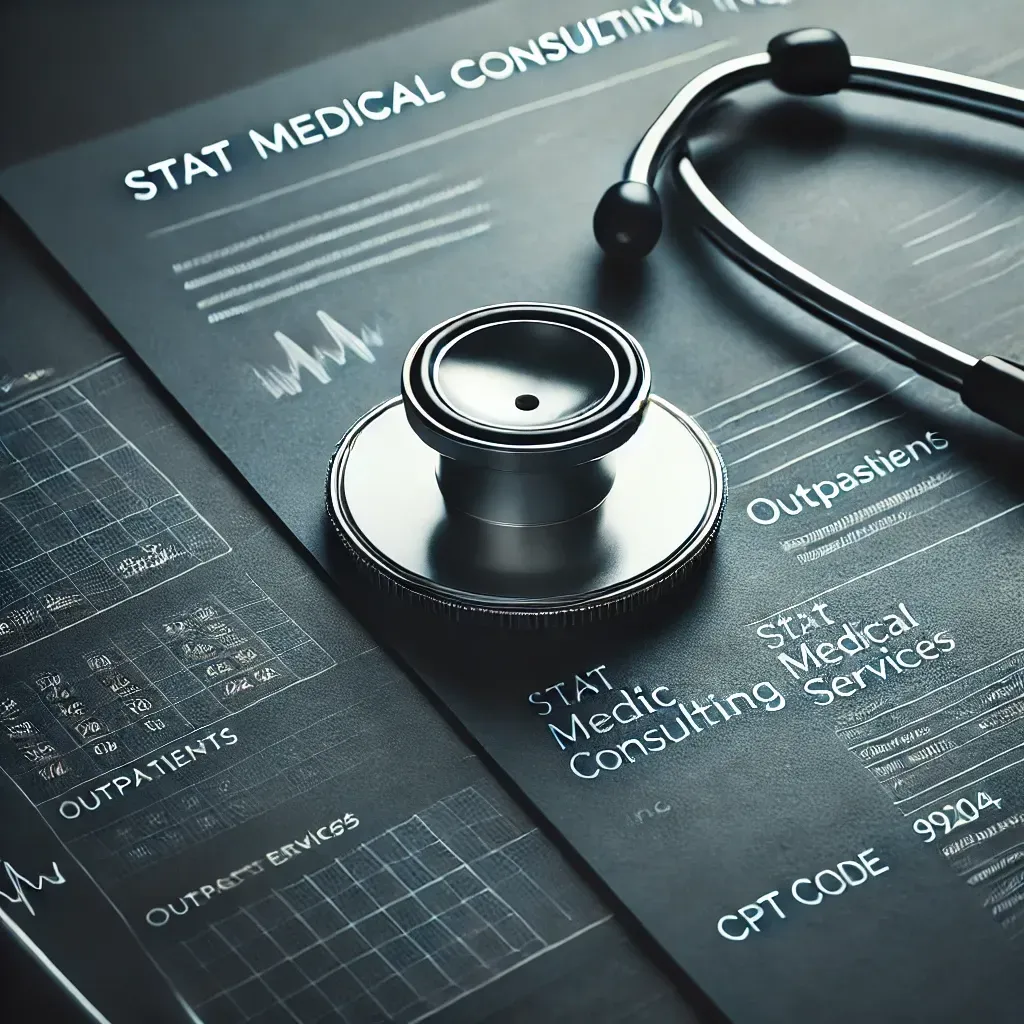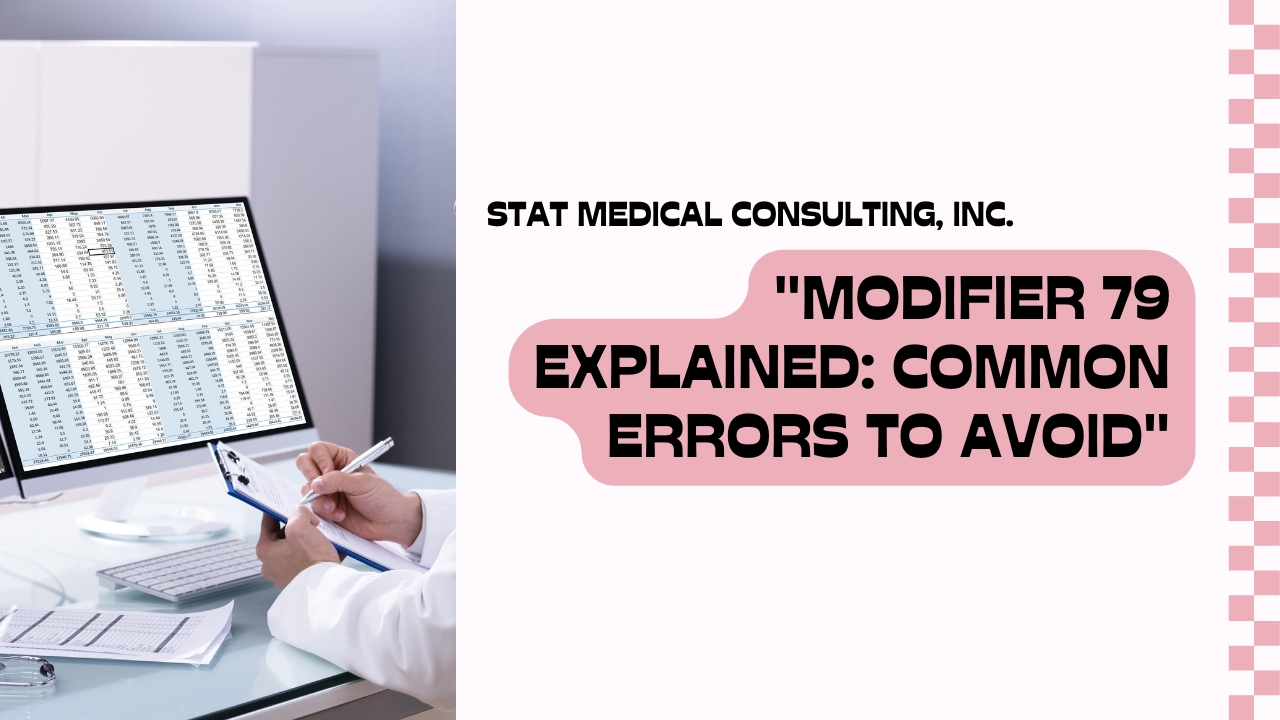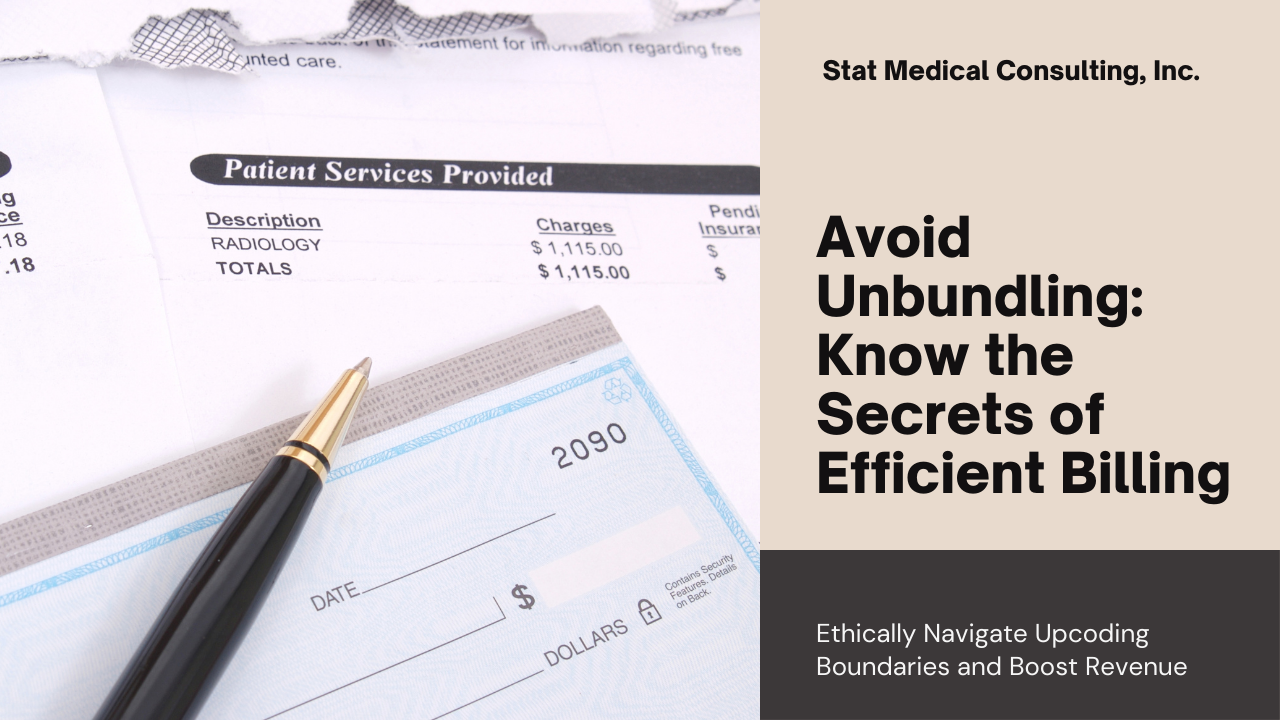Strategies to Safeguard Your Medical Practice from CMS Audits
HOW TO PREVENT CMS AUDITS
The landscape of healthcare, especially when serving Medicare patients, involves a critical element that medical practices must navigate: the possibility of CMS audits. These audits hold the power to suspend payments and Medicare fees if a practice doesn't align with existing regulations and laws. In this complex environment, where healthcare waste, fraud, and abuse can have significant repercussions, the Centers for Medicare and Medicaid Services (CMS) have taken a diligent stance in preserving federal funds. Even without ill intentions, medical practices can still face penalties if found guilty of improper Medicare billing. While complete avoidance of Medicare audits is impossible, there are strategies to proactively prepare for these audits and mitigate their negative impact.
The Crucial Role of Audits in Your Medical Practice:
In the intricate framework of healthcare, audits play a vital role in a medical organization's compliance strategy. These audits are more than just assessments; they serve as tools to identify errors, rectify them, and improve overall operations.
These audits enable you to:
Scrutinize the quality of care provided to patients.
Educate healthcare providers on meticulous documentation guidelines.
Evaluate the relevance and effectiveness of organizational policies.
Optimize the intricacies of revenue cycle management.
Ensure accurate revenue capture that aligns with regulations.
Fortify your position to defend against federal audits, legal actions, and health plan denials.
Deciphering CMS Audits:
Analogous to audits in any business sector, CMS audits gauge an entity's adherence to a specific set of regulations. In the context of medical practices, these audits assess contractual commitments with CMS, focusing on facets such as access to medical services, drug provision, and ensuring protections for enrollees mandated by the Medicare program. The close association with the federal government demands a heightened level of diligence to counter waste, abuse, and fraudulent activities involving CMS funds and data.
Navigating the CMS Audit Process:
The CMS audit journey comprises four integral phases:
Audit Engagement and Universe Submission: During this phase, which precedes the audit's fieldwork, medical practices are notified of their selection for a program audit. They are required to submit data as outlined in the Program Audit Data Request document.
Audit Field Work: The core of the audit process involves an in-depth assessment conducted over three weeks. Webinars are a common medium for audit fieldwork, with certain exceptions that involve on-site reviews.
Audit Reporting: This stage entails multiple steps, commencing with the exit conference and preliminary draft report sharing. The draft report's findings undergo rigorous review, considering all supporting documentation, leading to classification.
Audit Validation and Close-Out: The most time-intensive phase spans approximately six months. During this period, medical practices showcase their commitment to rectifying identified noncompliance issues to CMS.
CMS Audits' Core Focus:
The essence of CMS audits is to mitigate any potential misuse or exploitation of CMS funds or data by medical practices. The spotlight is firmly on compliance with evolving CMS regulations and laws, which may undergo changes annually. Key issues to address involve avoiding claims falsification, preventing excessive charges for Medicare services or supplies, and steering clear of false statements in applications for federal programs.
CMS's Increasing Vigilance:
CMS's commitment to combating fraud, waste, and abuse has led to a notable budget increase from 2021 to 2022. This increase specifically supports elevated medical review activities, including pre-and post-payment audits and the implementation of the Targeted Probe-and-Educate process. Additional funding was sought to bolster capabilities in identifying fraudulent activities through modeling and analytics tools. Furthermore, CMS's allocation of resources to hire more administrative law judges is aimed at addressing the backlog of Medicare provider appeals, which currently extends over five years.
Five Strategic Steps to Avoid CMS Audits:
Meticulous Billing and Coding: The foundation of accurate claims lies in providing medically essential, cost-effective care. Using recognizable codes for diagnoses and procedures streamlines billing and enhances compliance. Up-to-date coding resources and appropriate modifiers are vital components of the process.
Impeccable Documentation: Comprehensive documentation is a cornerstone of audit readiness. Ensuring that every decision, process change, and relevant data is documented creates a robust trail for post-audit evaluation and justifications.
Conducting Self-Audits: Self-assessment through simulated audits based on CMS criteria enables your practice to identify potential issues before official audits. Regular visits to the CMS website to align with the latest submission guidelines is a prudent practice.
Holistic Process Review: A thorough examination of every process linked to medical billing and patient information systems is imperative. Given the increasing integration of these systems, staying ahead of changes and ensuring seamless adaptation to regulatory shifts is essential.
Empower Your Staff: Human error often emerges as a weak link in the audit readiness chain. Investing in a well-trained billing and coding team, credentialed and certified by respected associations, ensures a higher degree of accuracy and proficiency.
Leveraging Expertise to Avoid CMS Audits:
Collaboration with experienced partners like NCG Medical can significantly enhance your practice's resilience against billing and coding audits. With decades of experience, NCG Medical offers resources, knowledge, and specialized audit tools to proactively address potential audit triggers. Their expertise not only mitigates the risk of audits but also improves your practice's overall efficiency, cost-effectiveness, and revenue streams.
Conclusion: A Path to Preparedness
In the complex landscape of healthcare, CMS audits are inevitable but manageable. By understanding their implications, decoding their intricacies, navigating the audit process, focusing on compliance, and investing in staff training, medical practices can create a fortified shield against the negative impacts of audits. With careful steps and expert collaboration, practices can ensure that they continue to deliver quality care to their patients while adhering
